Non-resident businesses and Canadian and foreign platform operators will be subject to new GST/HST reporting regulations beginning July 1, 2021.
GST/HST is typically applied to Canadian sales of goods and services. The seller’s responsibility is to collect and remit the tax to the Canada Revenue Agency (CRA). Small suppliers, defined as businesses with annual sales of less than $30,000 over a year, are exempt from GST/HST registration, although they may opt to do so.
Registration for GST/HST, even if it is not required, registration for GST/HST has the advantage of providing registrants with the ability to claim input tax credits and claim a refund for any GST/HST they have paid in their enterprises. Before July 1, 2021, there was no need to register for GST/HST if the business either
1) supplied services entirely outside of Canada or
2) did not continue operations in Canada after services were partially finished or intangibles were used in Canada. However, this rule was rarely followed and was often ignored by Canadian clients who were obliged to auto-assess GST/HST in specific circumstances.
New GST/HST Reporting Rules
New GST/HST reporting rules will take effect on July 1, 2021, and will apply to non-resident companies and Canadian and international platform operators on certain sales of immaterial personal property, services, and qualifying commodities previously exempt from GST/HST recording requirements. Netflix, software developers, other digital service providers, and providers of digital streaming services will be subject to the new regulations.
Before implementing these rules, foreign digital service providers had a competitive advantage over Canadian suppliers because they did not charge GST/HST to deliver goods like Netflix or software downloaded from the internet. This is less true for customers who own GST/HST registered businesses since the company may claim input tax credits to counterbalance any GST/HST paid. However, if the client was a person or other non-registered entity, the savings were significant, as previously indicated, even though the vast majority of such customers would have been required to auto-assess GST/HST on the transaction.
As a result of eliminating business requirements in Canada, the new simplified registration system lowers the barrier to registration with the GST/HST by an orderly margin. International businesses will also be required to keep track of their sales and clients who are Canadian residents to satisfy the Canada Revenue Agency (CRA) as to why a foreign company did not register under the simplified registration method.
Within the simplified registration scheme, registrants are required to provide the company with a significant amount of information, including the following: a description of the company’s major business activity, its business type, its business name, and its operating name; physical business addresses, mailing addresses, mail, and website addresses; and a description of the company’s major business activity.
The simplified system for registration may seem appealing. Still, determining whether a foreign business falls under its scope is not always straightforward. The registration process itself requires a significant amount of information about the company. Between the simplified and standard GST/HST regimes, there are several concerns for both providers and purchasers to consider.
Since input tax credits are not requested for registrants under the simplified registration system, any foreign business that meets the new simplified registration system requirements should consider registering under the simplified registration system rather than under the standard GST/HST regime. The regular GST/HST system registration may be advantageous if a foreign business pays a significant GST/HST for goods or services. This would allow the foreign firm to claim input tax credits to offset the GST/HST paid.
Canadian businesses should also determine the status of their suppliers’ GST/HST registrations because Canadian GST/HST registrants are generally unable to claim input tax credits on amounts of GST/HST paid to a simplified registration registrant unless the supplier is also a streamlined registration registrant. Suppose Canadian businesses fail to verify the registration status of their suppliers. In that case, they may be liable for paying GST/HST to vendors and not recoup such payments via the use of input tax credits. In the event of a misunderstanding, please consult with one of the top tax lawyers in Canada to guarantee that you maximize tax efficiency for GST/HST and that you do not lose out on tax money.
